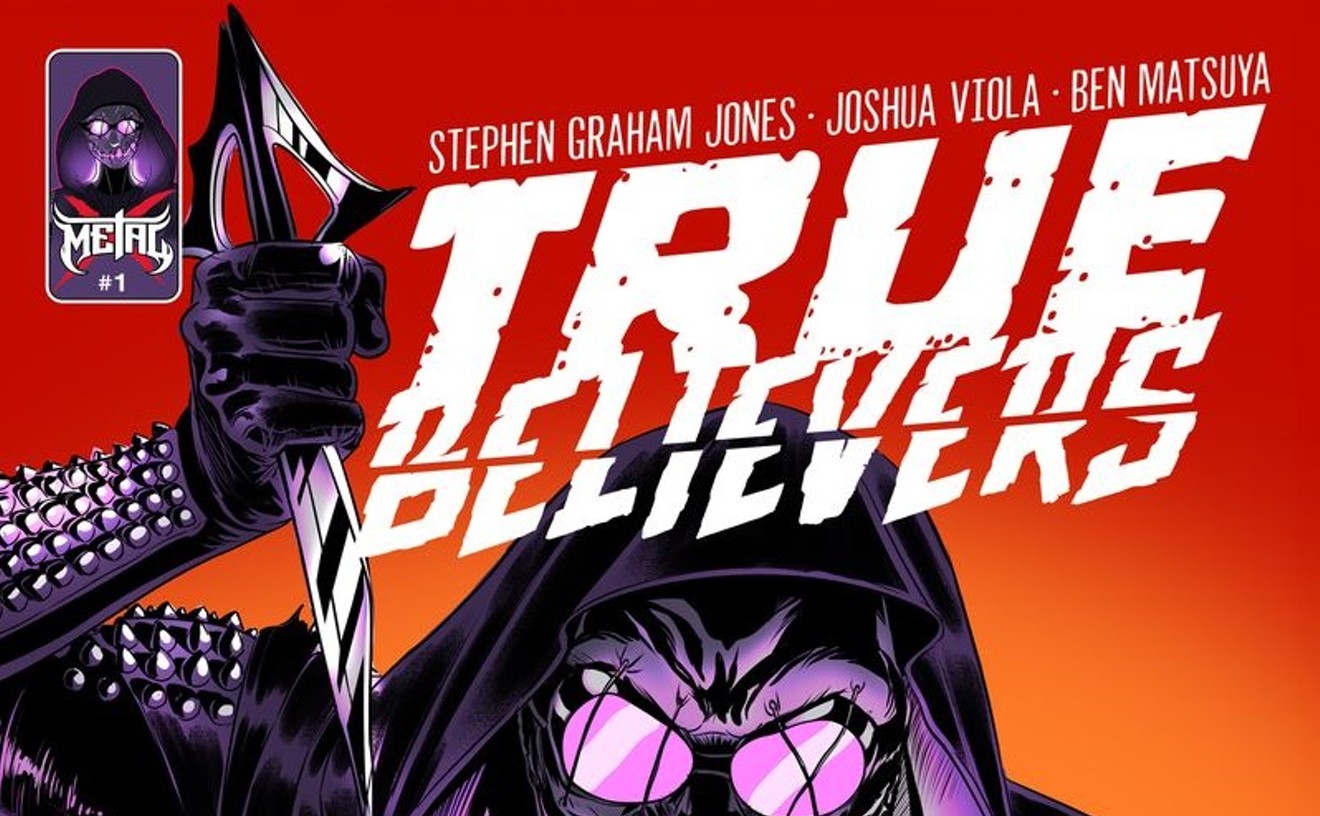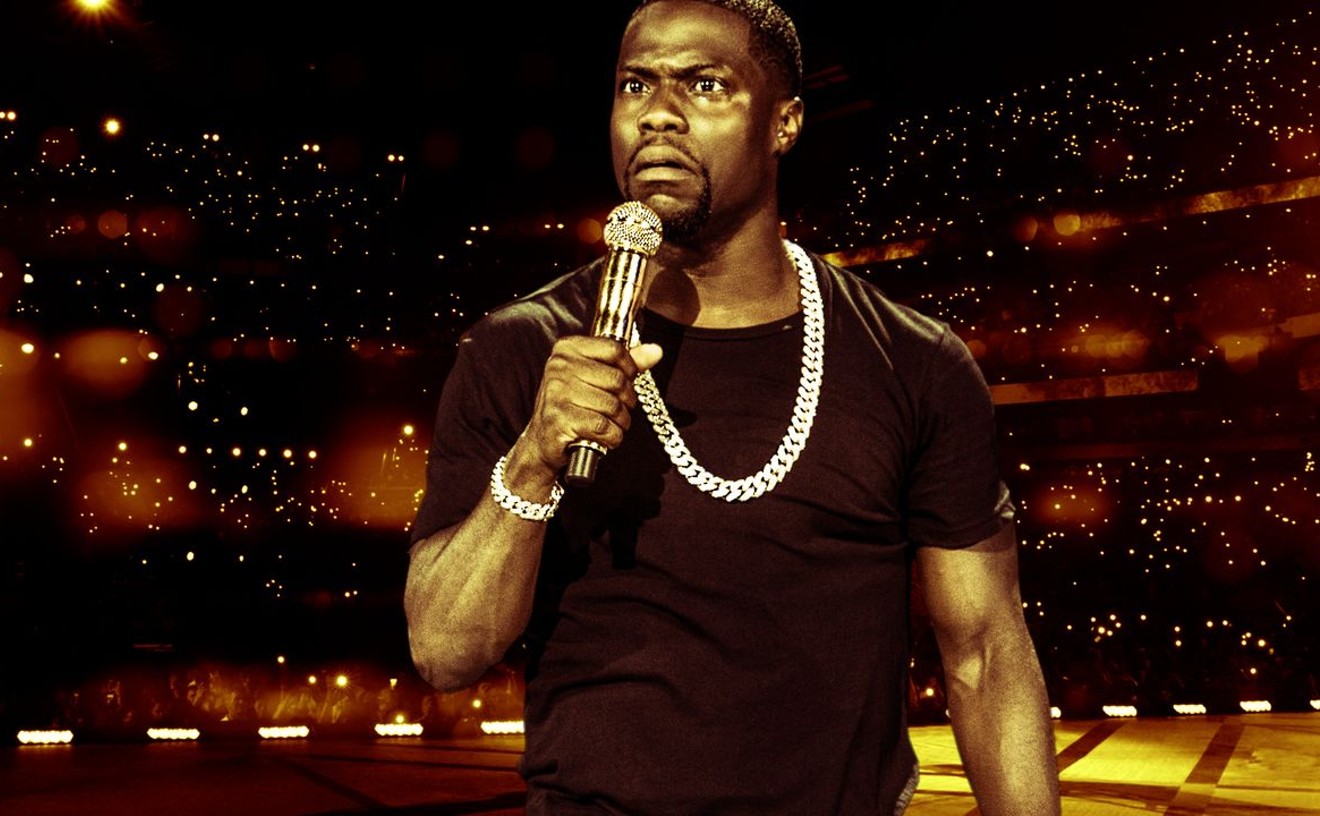"I've always been an activist," McCall says. "Growing up in Denver, we were always politically active." As a child, McCall would join her family at meetings, protesting the school board's actions, passing out literature. "I thought that's what life was all about," she recalls.
So she applied to join the DPD, and took the exam. "When I came out, Carol Hogue was waiting for women to come out and she called me over," McCall remembers. "She introduced herself and she asked me to join her in a lawsuit because they were not going to hire any women."
And in 1970, McCall, Hogue and Laura Tinnin successfully sued the DPD. McCall was then offered a job, and became the first black female to work undercover for vice and narcotics. Hogue and Tinnin also joined the DPD; so did Gordon.
Now McCall has written a book about her six years on the first, Inside Out, the first of three. In the book, she talks about everything from arresting stockbrokers working as pimps to crocked politicians to an almost-sexual experience with a woman. Although McCall also patrolled the streets, she preferred doing undercover work. But being a black female in a white male-dominated system had its own dangers. "Some of the instructors were not nice at all," McCall says, adding that some of her male superiors would gesture towards her while grabbing their crotches.
But McCall took it in stride, having been prepared for such abuse. "That's a part of the training," she says. "They take you through situations where they're in your face, calling you a black bitch or whatever to see if they can break you because when you get onto the street, that's what suspects do. And if you lose it, that's not good. You still have to be in control."
The book takes you through the incident that caused her to quit the force. She says she left because of police corruption, after her last case was dismissed without her knowledge and the file wiped from the records.
"If I had to do it all over again, she says, "I don't know if I would take the job or not. I didn't know that the corruption of the police department was to the level of elected officials. And that was very disappointing to me. To know that you think you live in a safe society and you elect people to office that you think are going to do the right thing, but you find out they are just elected crooks....In my naivety, I just didn't think politicians and elected officials did that kind of stuff. But they do."
For a time, McCall lived in Atlanta, where she owned an ice cream shop and became a mortgage loan officer. She quit after a foreclosure business took over and retired back to Denver, where she now takes care of her mother.
She'll be signing copies of her book at the Black Arts festival this weekend in City Park; Inside Out is also available on Amazon.










